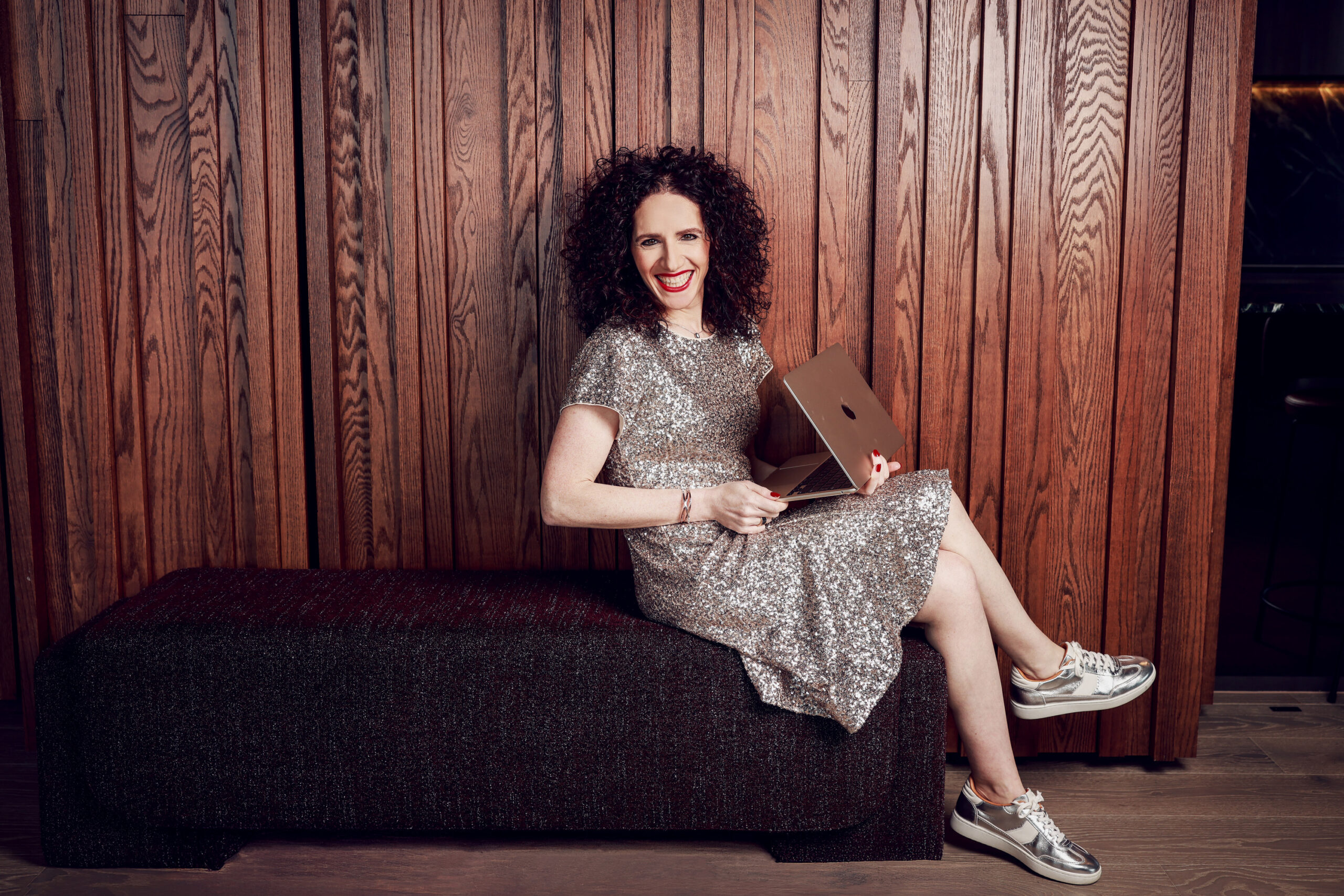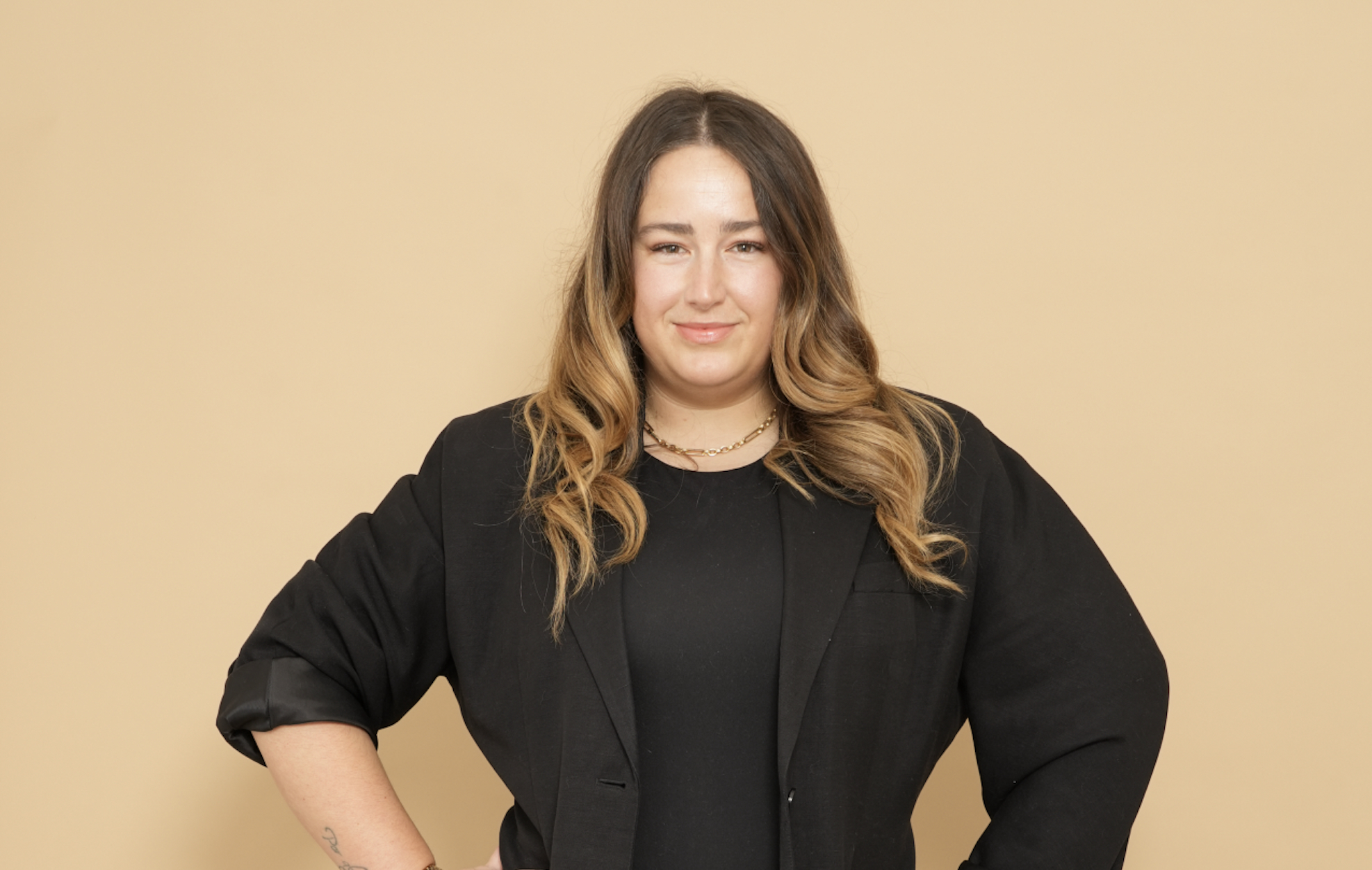
By Phoebe Rogers
It wasn’t really until I moved in with my partner John that I fully understood how our different cultures impacted our relationship expectations and approaches to family. John is of Asian descent and an eldest son, which carries certain responsibilities for him.
His family migrated abroad in search of work, education and economic security. John’s family are warm and there was no shouting in his home, ever.
I am of [Caucasian] Australian background and have never felt responsible for my family in the way that he does; his gratitude to his parents for giving him access to a better life defines his outlook on life. And there was a lot of shouting and emotional expression in my home.
My emotional sensitivity, irritability, and fiery expression has shocked John who only knew calm, kind and regulated conversations. Talking our backgrounds over has reminded us of our differences and allowed us to translate each other’s actions.
I have witnessed culture clashes in my client couples, which become particularly apparent as they embark on having children. They can no longer just be a couple because they’re navigating a blending of two family systems, cultures and religions.
My clients are from a variety of religious and cultural backgrounds, including Christianity, Judaism, Islam, and diverse cultural traditions from Australia, China, India, Europe, and South America. And I always have an open approach to learn about my client’s cultural backgrounds, and ask curious questions in order to understand the beliefs, expectations, and pressures that each individual within the couple may face.
Some partners may long for more separation from their family of origin, whilst other partners long to maintain a greater closeness to their family of origin. This longing can either be their own or the pressure they experience from their family. These cultural differences have showed up in my therapy room around expectations for raising a child, and child-minding in particular; one partner longs to put their child into day care to give their child social connections, whereas the other partner longs for their parents to fulfill the caring role.
This difference can be an even greater source of tension for a couple who have been in conflict for a long-time, as their sense of warmth and trust in each other is eroded. I believe a couple committed to restoring relationship security can work through these issues. Here’s how I would help any couple navigate this situation:
- Restore emotional connection first: a couple will be more able to discuss matters of culture, extended family, and priorities when there is a strong emotional connection. Work on de-escalating conflict, trying to see your partner’s perspective and longings, and validate their feelings, even if you see things differently.
- Stay curious: ask your partner about their hopes to include their family in your life. You may discover a greater meaning behind this longing.
- Cultivate compassion: have conversations about each other’s upbringing, connection to extended family, gender roles, views on finances, children and childcare. Understanding fosters compassion and allows you to not take things personally.
- Try to find the good in your partner: behind the conflict is a person with their own story and longings, who likely doesn’t mean to hurt you, but is trying to juggle maintaining connection to you and their family of origin.
- Prioritize the couple: as much as there may be extended family to please and include in your life, the couple unit and your partner’s happiness must be a priority. I aim to be culturally sensitive and appreciate the value of grandparents and extended family, however, parenting decisions should be agreed upon by both members of the couple and communicated to extended family as the decision of the couple. You should be a united front to the outside world.
- Allow for individuation: there may be times when there is conflict between one partner and their partner’s family. Sometimes, limiting interaction is healthy and supports the preservation of the relationship. This comes back to avoiding comparing to other couples and how they navigate family. You must do what you find best for your unique situation.
- Sometimes family doesn’t know best: unfortunately, I meet couples where their extended family cause havoc in their lives. Some parents’ behavior can be emotionally manipulative, mean, exploitative, and damaging. To get an accurate gauge on this, you may need to seek therapy. Boundaries, including no contact, may be the best course of action for dealing with a toxic family member.


Edited extract from When Will It Happen For Me? A Shame-Free Guide to Finding Love On Your Own Timeline (The Kind Press $36.99) by clinical psychologist Phoebe Rogers. Visit her website The Relationship Space, and connect with Phoebe on Instagram, Facebook and Linkedin.
















